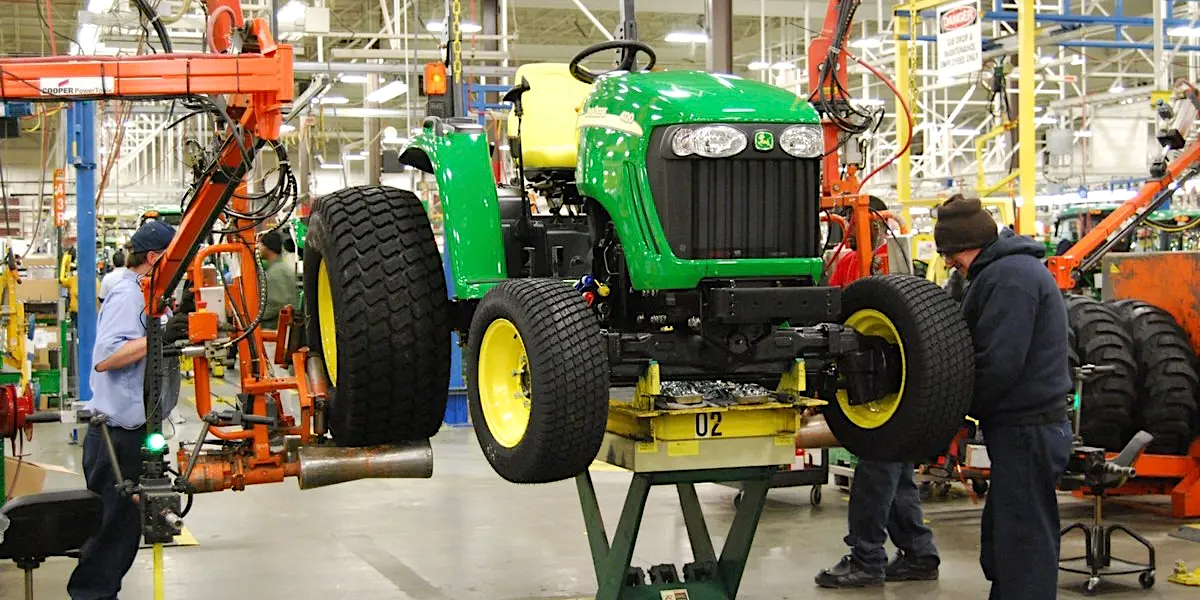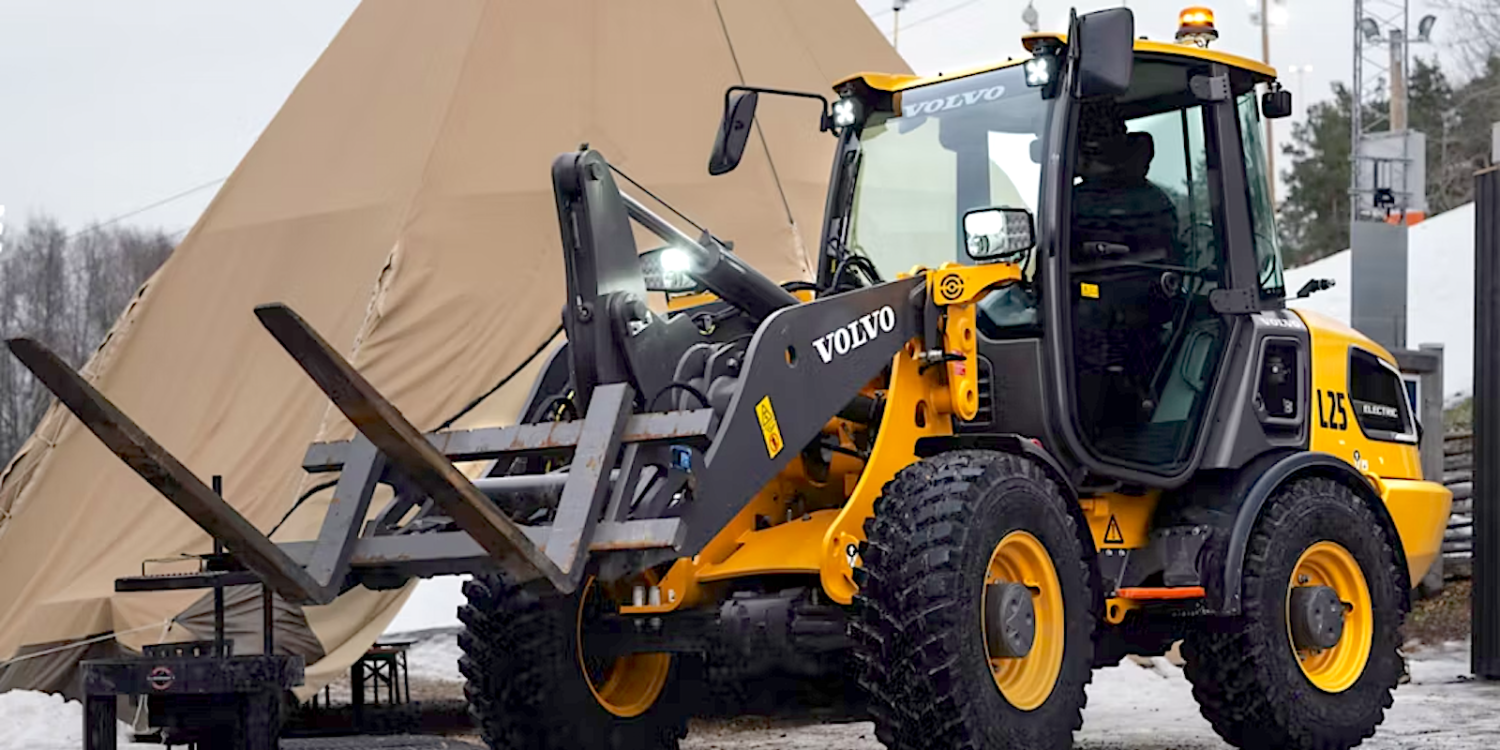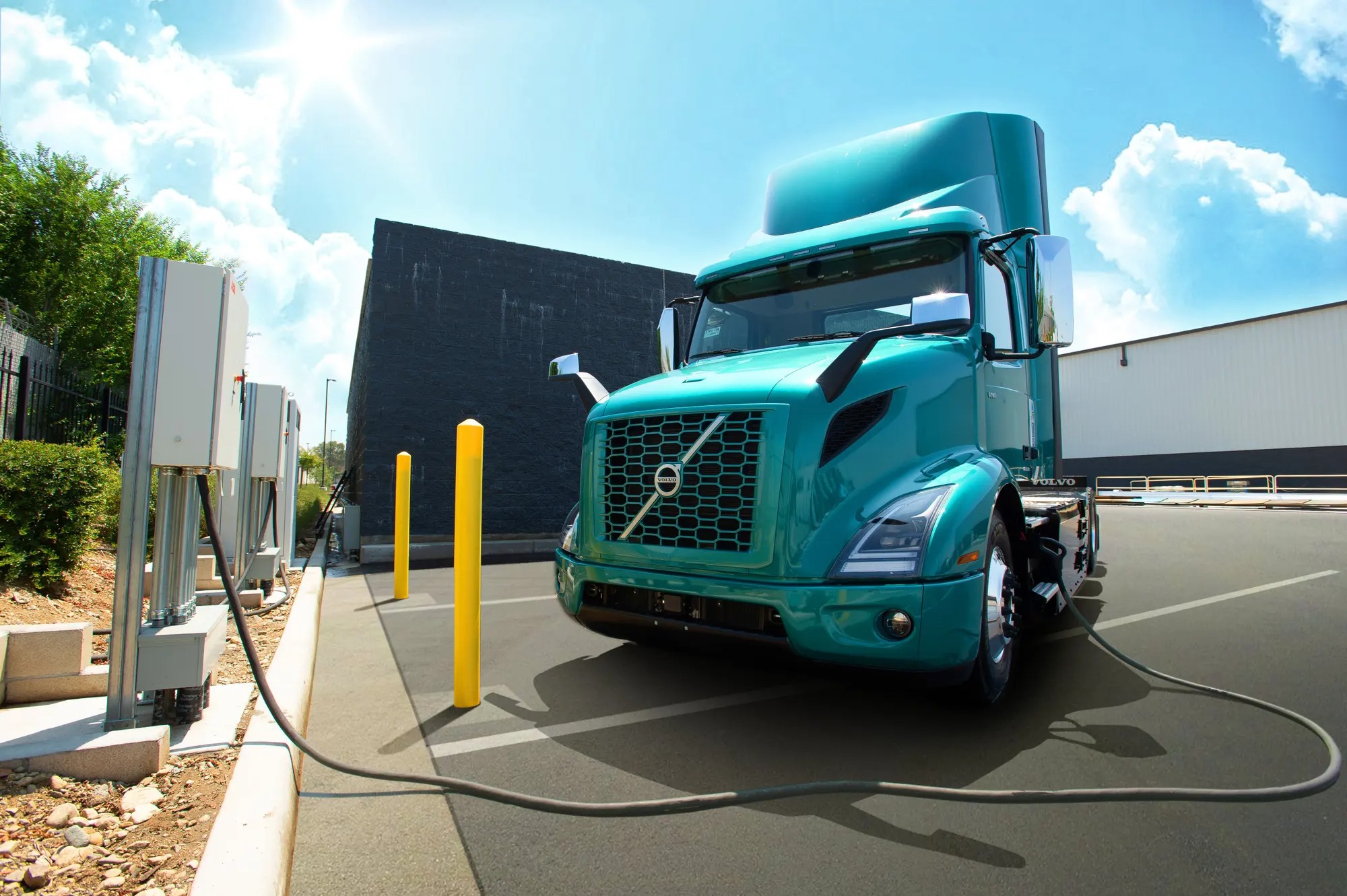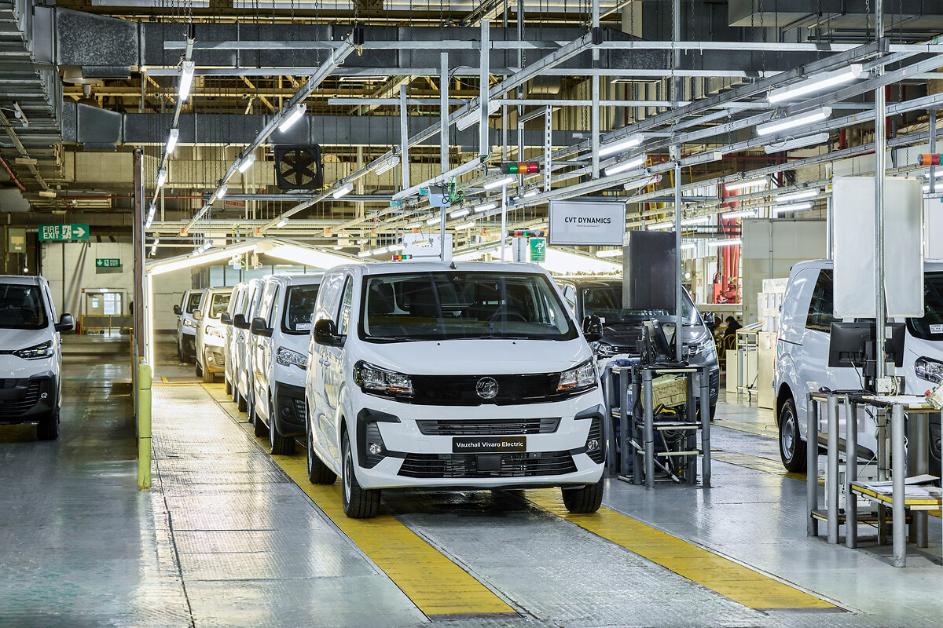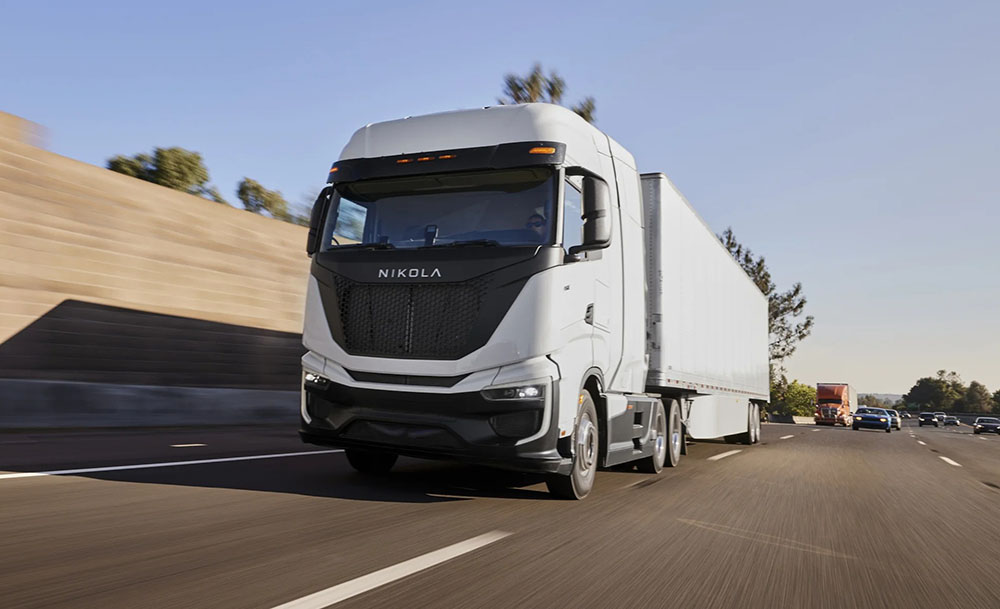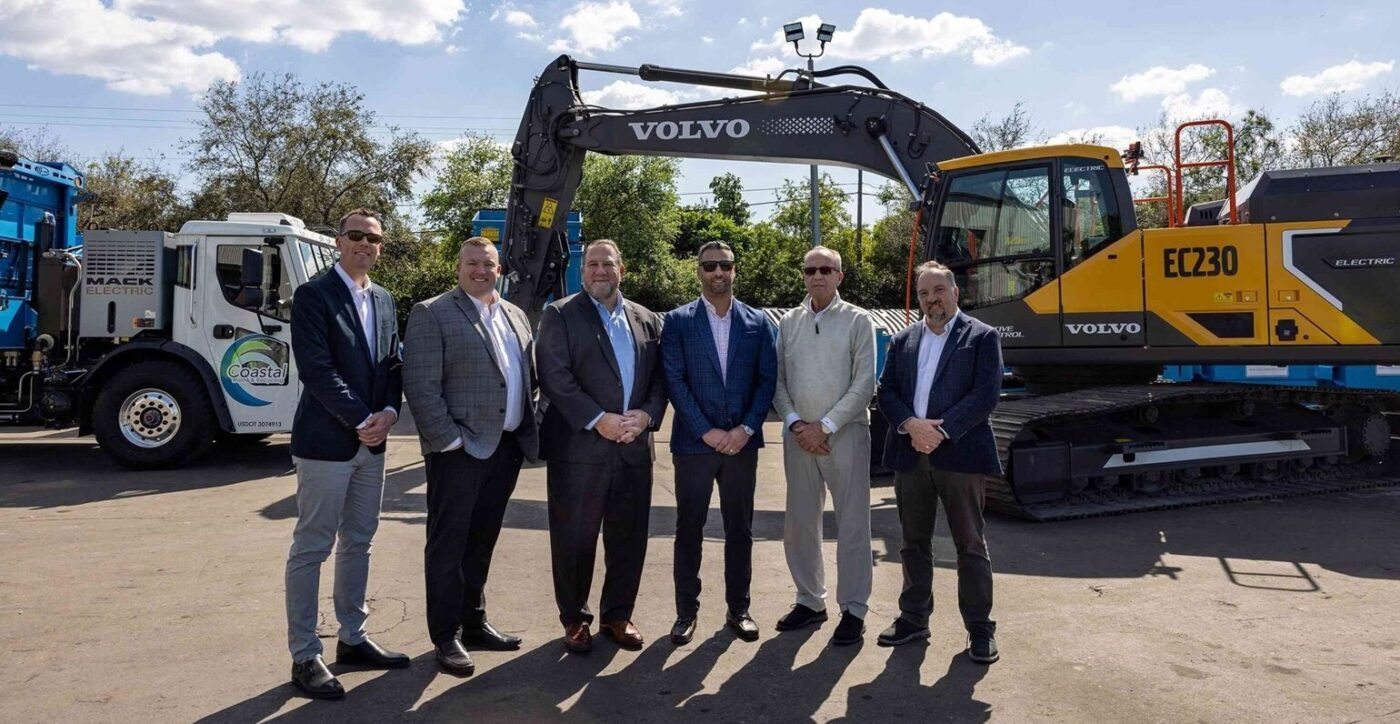John Deere sets its sights on furthering its “green” credentials with the launch of fully electric tractors, slated to be available in the market by 2026. The agricultural equipment giant aims to revolutionize the industry with its foray into electric-powered machinery, signaling a significant shift towards sustainable farming practices.
The development comes following John Deere’s acquisition of Kreisel Electric, a move aimed at bolstering its expertise in innovative battery technology. With plans to expand production capabilities in North America, John Deere identified Kernersville, North Carolina, as the site for its new manufacturing facility.
The planned 115,000 sq. ft. production facility is poised to play a pivotal role in supporting John Deere’s ambitious production targets, boasting a capacity of up to 2 GWh. The company anticipates the creation of 50 jobs, encompassing roles in assembly and packaging, with the potential to inject over $3.3 million into the regional economy.
North Carolina Secretary of Commerce, Machelle Baker Sanders, highlighted the positive economic impact of John Deere’s investment in the region, emphasizing the potential for growth and job creation. The establishment of the production facility is expected to catalyze a multiplier effect, attracting vendors and suppliers to support the company’s operations and contribute to the local economy.
John Deere aims to debut its first fully electric and battery-electric hybrid heavy construction and agricultural equipment models by 2026, utilizing batteries manufactured at the newly established North Carolina facility. This strategic move underscores the company’s commitment to embracing sustainable technologies and meeting the evolving needs of the market.
The introduction of electric-powered tractors marks a significant milestone in John Deere’s journey towards sustainability, aligning with broader industry trends towards cleaner, greener solutions. With its focus on innovation and environmental responsibility, John Deere seeks to redefine the future of agriculture through the adoption of electric propulsion technology.

